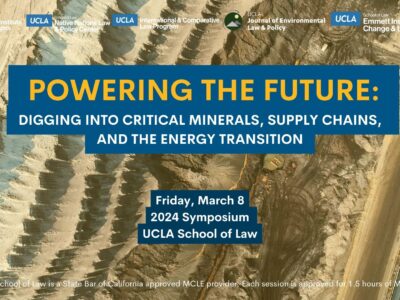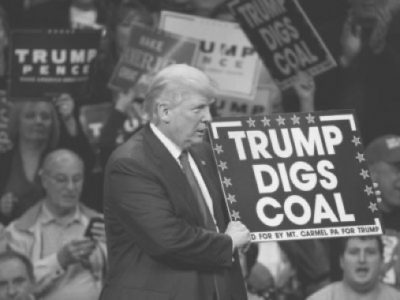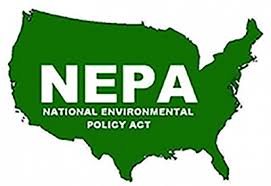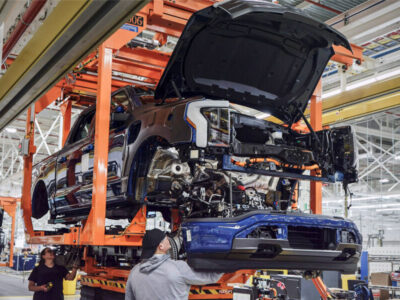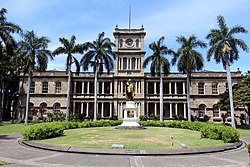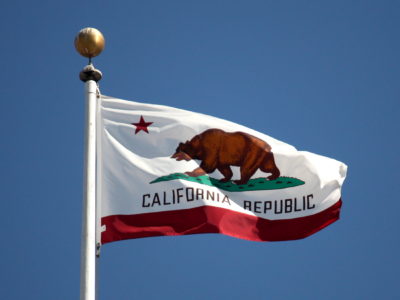Energy
Critical Insights on the Mineral Boom: Part III
On the rise of resource nationalism and building an equitable supply chain: Insights from the Emmett Institute’s “Powering the Future” symposium.
The topic of critical minerals and the energy transition is one of choices and priorities, at least according to author and journalist Ernest Scheyder, who spoke at the second panel in our recent “Powering the Future” symposium. This panel, Critical Minerals and Global Supply Chains, discussed some of the fundamental choices that governments, industry, and …
Continue reading “Critical Insights on the Mineral Boom: Part III”
CONTINUE READINGThe Changing Politics of Coal
Coal has gone from a national conservative rallying cry to a niche state concern.
The “War Against Coal” was a major conservative theme eight years ago. Now it seems almost forgotten even by Donald Trump, who was once coal’s caped crusader. But although protecting coal production is no longer much of a national issue, keeping coal-fired power plants open has percolated as an issue at the state level. It …
Continue reading “The Changing Politics of Coal”
CONTINUE READINGReplacing McConnell
If the GOP flips the Senate, who will lead them on environmental issues?
Who will lead the Senate in 2025? The odds are that it will be a Republican. Democrats have a slim margin and face some close races, while all the GOP seats seem secure. That makes the question of who will replace Mitch McConell as GOP leader all the more important for climate and energy policy. …
Continue reading “Replacing McConnell”
CONTINUE READINGHow to Cooperate with China on Climate
A conversation with Joanna Lewis about what has worked, and what hasn’t, when it comes to bilateral climate cooperation with China.
China is the world’s largest producer of both CO2 emissions and green technology to cut those emissions. It installed more solar panels last year than the U.S. has in its history, and yet keeps building coal-fired plants too. And Chinese officials just announced that the country will accelerate the construction of solar, wind and hydropower. …
Continue reading “How to Cooperate with China on Climate”
CONTINUE READINGDeciphering NEPA 2.0
Here’s everything you wanted to know about the “New NEPA” but were afraid to ask.
NEPA was long an island of legal stability, standing almost unamended for over a half century. Then in the summer of 2023, everything changed. As a rider on the agreement to raise the debt ceiling, Congress extensively rewrote and expanded NEPA, gifting us with a new statutory regime. As I’ve written before — and discuss …
Continue reading “Deciphering NEPA 2.0”
CONTINUE READINGActually, EV Sales Are Right on Track
Don’t believe the current anti-EV spin.
There is a lot of talk about weak consumer demand for EVs — doleful from greens, triumphant from others. Maybe US carmakers have hit a few speed bumps –not surprising when trying to rapidly ramp up a product that’s new to most consumers. But the reality is actually quite reassuring in terms of the U.S. …
Continue reading “Actually, EV Sales Are Right on Track”
CONTINUE READINGMisusing Carbon Removal as a Climate Response
Carbon removal is an alluring idea. That also makes it a tempting façade for bad policies.
It seems clear that in some form, carbon removal is going to be an important component of climate policy, especially later in the century to deal with carbon levels that overshoot the targets in the Paris Climate Agreement. The problem is not with the concept but with its misuse. One of the risks that …
Continue reading “Misusing Carbon Removal as a Climate Response”
CONTINUE READINGAmerica’s Leading Environmental Court
Hint: It’s in the southernmost state. Which is not Florida.
The state court on the cutting edge of environmental law is a long way from the major population and media centers, which may be one reason it doesn’t get much attention. It deserves more. The Hawaiian Supreme Court has been forging new paths in environmental law that may lead the way for other courts in …
Continue reading “America’s Leading Environmental Court”
CONTINUE READINGRecentering Environmental Law: A Thought Experiment
If we had understood then what we know now. . . .
In 1965, scientists sent LBJ a memo mentioning the risks of climate change. Imagine if history had been a little different. Suppose it had been this memo and a follow-up report, rather than Rachel Carson’s attack on pesticides, that sparked the environmental movement. How would environmental law look different and how might we be thinking about …
Continue reading “Recentering Environmental Law: A Thought Experiment”
CONTINUE READINGCalifornia’s Climate Leadership: A Timeline
California embraced climate action 2002 and has never looked back since.
The Golden State has adopted a slew of climate change laws over the past twenty years, and an even greater number of regulations . To help you keep track, here is a timeline of California’s most important actions. 2002 SB1078. California established first renewable portfolio standard (20% from renewables by 2010). AB 1493 (Pavley …
Continue reading “California’s Climate Leadership: A Timeline”
CONTINUE READING



